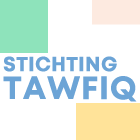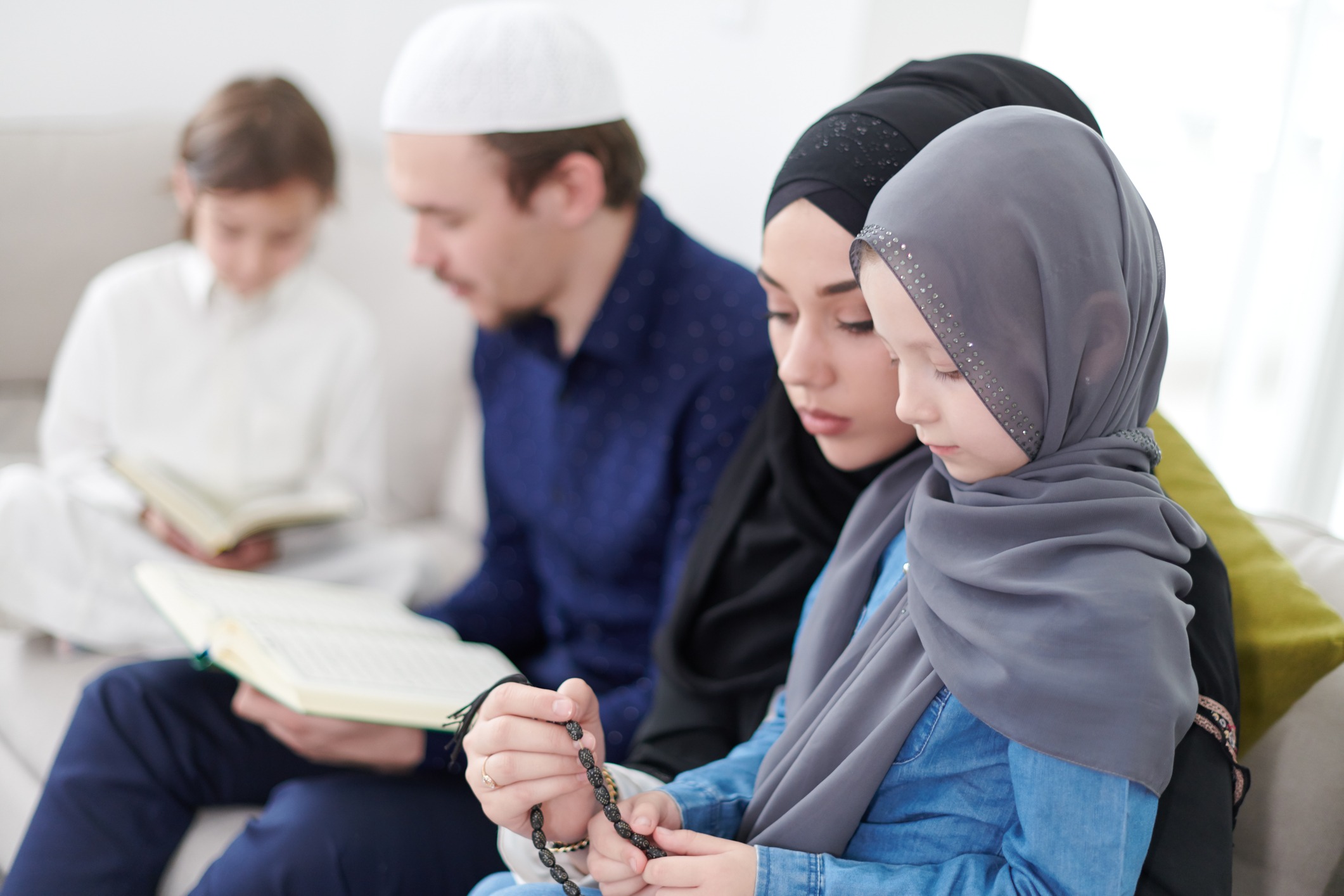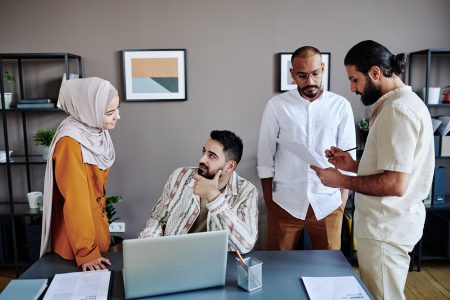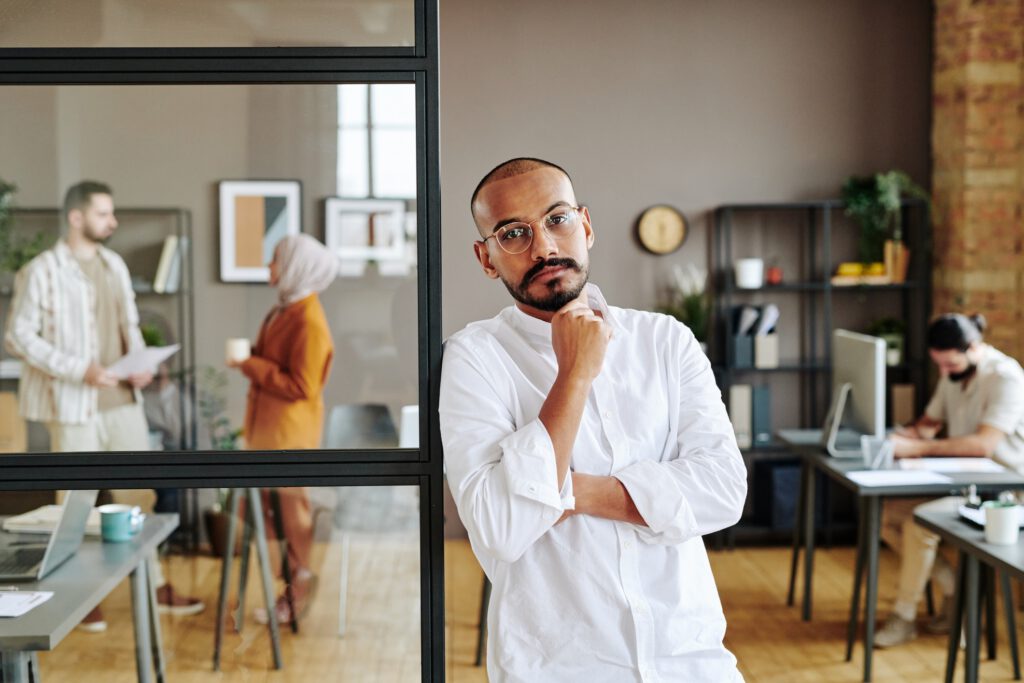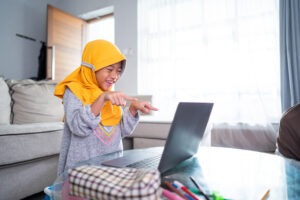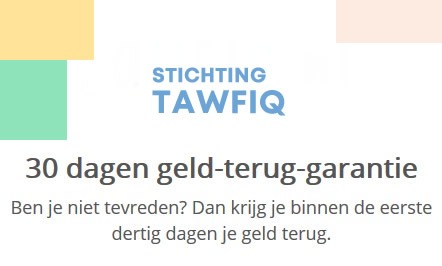-
Islamic knowledge, education and training
- How can parents help their children to think critically about Islamic teachings?
- What are the benefits of raising children to think critically about Islamic topics?
- How can an open and respectful dialogue between parents and children be promoted to think critically about Islamic topics?
- What are the different ways parents can help their children gain a deep understanding of Islamic teachings?
- What role does technology play in educating people to think critically about Islamic topics?
“Educating critical thinking: Discover Islamic perspectives and enrich your life!”
Education to think critically is an important topic in contemporary society. It is crucial that children learn to form their own opinions and make their own decisions. In this context, it is interesting to look at Islamic perspectives on critical thinking. These perspectives are based on the principles of the Quran, which states that people must learn to make their own judgments and take responsibility for their actions. In this article we will delve deeper into how Islamic parents and teachers can help children develop critical thinking, using various techniques such as discussions, debates and reflection. We will also discuss how these techniques can be used to raise children's awareness of social issues, thereby improving their ability to make good decisions as adults.
How can parents help their children to think critically about Islamic teachings?
Parents can help their children to think critically about Islamic teachings by encouraging them to search for information independently. They should encourage their children to ask questions and engage in open discussions with other people who have different views. Parents should also teach their children how to critically evaluate information so that they are able to make good decisions based on factual information. In addition, it is important that parents talk honestly and respectfully with their children about Islamic teachings, creating a safe space in which their children can speak freely about what they think and feel.
What are the benefits of raising children to think critically about Islamic topics?
Raising children to think critically about Islamic topics has many benefits. First, it helps children form their own opinions on religious and cultural topics, allowing them to better understand themselves and strengthen their identity. In addition, it teaches them to treat other people respectfully, because they have more understanding for different points of view. Furthermore, this can help integrate Muslims into society, as children raised with critical thinking are more open to other cultures and religions. Finally, this can also help prevent radicalization by teaching young people how to practice their faith responsibly.
How can an open and respectful dialogue between parents and children be promoted to think critically about Islamic topics?
To promote an open and respectful dialogue between parents and children on Islamic topics, it is important that parents give their children the space to express their opinions. Parents should encourage their children to look critically at different sources, such as books, articles or websites. They must also be prepared to talk to their children about what they read or hear. It is important that parents listen to their child's opinions and help them draw their own conclusions. In addition, there must be honesty when discussing different points of view; if something is not clear, it can be clarified through further discussion. Finally, respect must be shown for each other's views; As a parent you can express your opinion, but you should never try to convince your child that your way is the right way.
What are the different ways parents can help their children gain a deep understanding of Islamic teachings?
There are several ways in which parents can help their children gain a deep understanding of Islamic teachings. First, parents can help their children by having them participate in Islamic lessons, such as Quran lessons or lessons about the Prophet Muhammad. Parents can also help their children by providing them with books and other resources on Islamic teachings to help them learn more about the subject. In addition, it can be helpful to talk to your child about what you know and what you think is important to know when it comes to Islamic teachings. It can also be helpful to take your child to religious prayer services or other religious events, which will help them become more involved in the community and develop a greater understanding of religion.
What role does technology play in educating people to think critically about Islamic topics?
Technology plays an important role in educating people to think critically about Islamic topics. Through technology, children can access information that helps them form their own opinions on various Islamic topics. Furthermore, technology can also be used to allow children to connect with other people and exchange their ideas, giving them more perspective on these topics. Technology can also be used to enable children to independently search for information on Islamic topics, helping them form their own opinions and strengthen their critical thinking skills. Education to think critically is a important part of Islamic education. It promotes children's ability to form their own opinions and critically assess their environment. Through various techniques, such as discussions, debates and asking questions, children are encouraged to look at other perspectives and draw their own conclusions. This approach also helps them develop skills needed to make good decisions in their lives. In short, critical thinking education is a valuable addition to Islamic education that helps children acquire the skills they need to function successfully in society.
